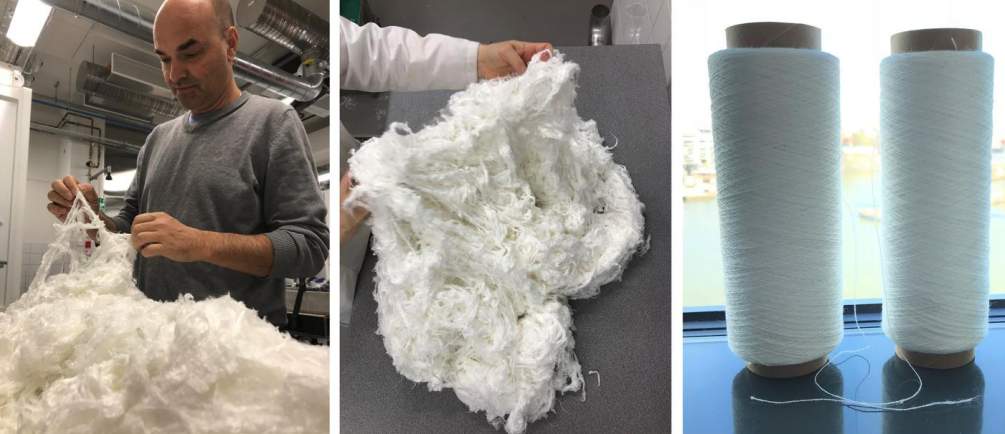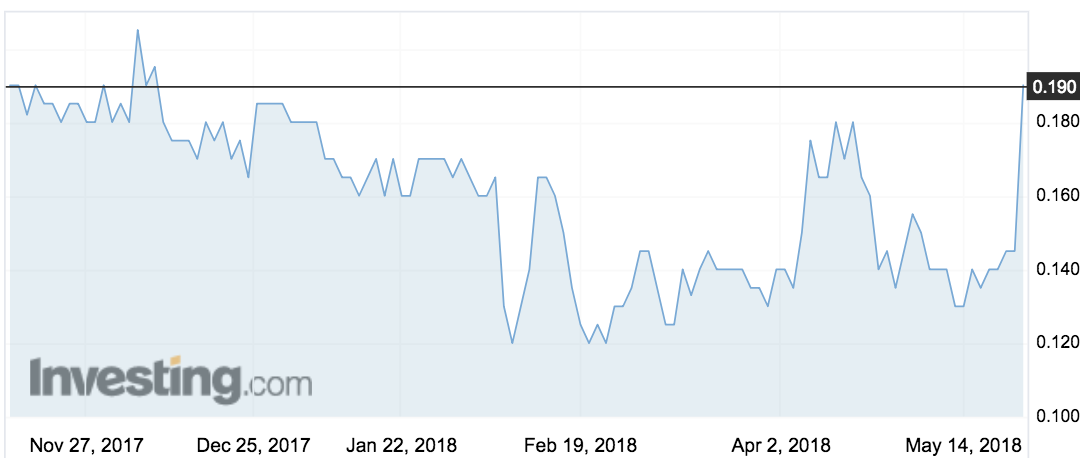Nanollose wants to make coconut clothes fashionable – but not like you think

Pic: Yuichiro Chino / Moment via Getty Images
Coconuts are the secret ingredient in the latest fabric from eco-friendly innovator Nanollose.
Nanollose — which specialises in plant-free fabric aimed at the sustainable fashion market — this week debuted its Nullabor fibre, the world’s first plant-free rayon fibre.
Nanollose is best known for its ability to create “fermented fashion” out of beer and wine. The technology is based on the work of Perth scientist and winemaker Gary Cass, who accidentally discovered a new type of material when he ruined a batch of wine.
The manufacturing technique is very enviromentally friendly — requiring much less water than cotton growing, for example.
Nanollose shares jumped 34 per cent today to an intraday high of 19.5c — their highest point since December.
The stock enjoyed a strong ASX debut in October when it spiked as high as 38c compared to a 20c issue price. Since then the shares have drifted, however.
Nanollose grows its fibres via the fermentation of waste products – in this case coconut.
“Our Nullarbor fibre was actually created using natural coconut by-products sourced from Indonesia, which were synthesised into microbial cellulose and then converted into fibre using our unique technology,” chief Alfie Germano said.

Nanollose says the fabric shows its microbial cellulose-to-fibre technology is scalable and demonstrates the ability to produce fibres suitable for fabrics in textiles and clothing.
Nullarbor is named from Latin phrase nullus arbor which means “no trees” (much like the Nullarbor Plain near the Great Australian Bight).
Nanollose debuted the fabric at Planet Textiles Summit in Vancouver overnight where the company said there was a recognition of the need for sustainable fabrics.
“During the event we engaged with international fashion retailers, brands, manufacturers and designers, who are actively searching for sustainable solutions like ours,” Mr Germano said.
“Many of them are willing to get involved deeper in their supply chains, and this is a very encouraging sign that environmental responsibility is quickly becoming a high priority for the fashion industry.”

The company is initially tapping into the established coconut industry to secure pilot-scale supply of the raw material.
Once it starts operating on a larger scale, waste streams from bigger industries, like its experiments with beer or wine, will come into play.
UNLOCK INSIGHTS
Discover the untold stories of emerging ASX stocks.
Daily news and expert analysis, it's free to subscribe.
By proceeding, you confirm you understand that we handle personal information in accordance with our Privacy Policy.








